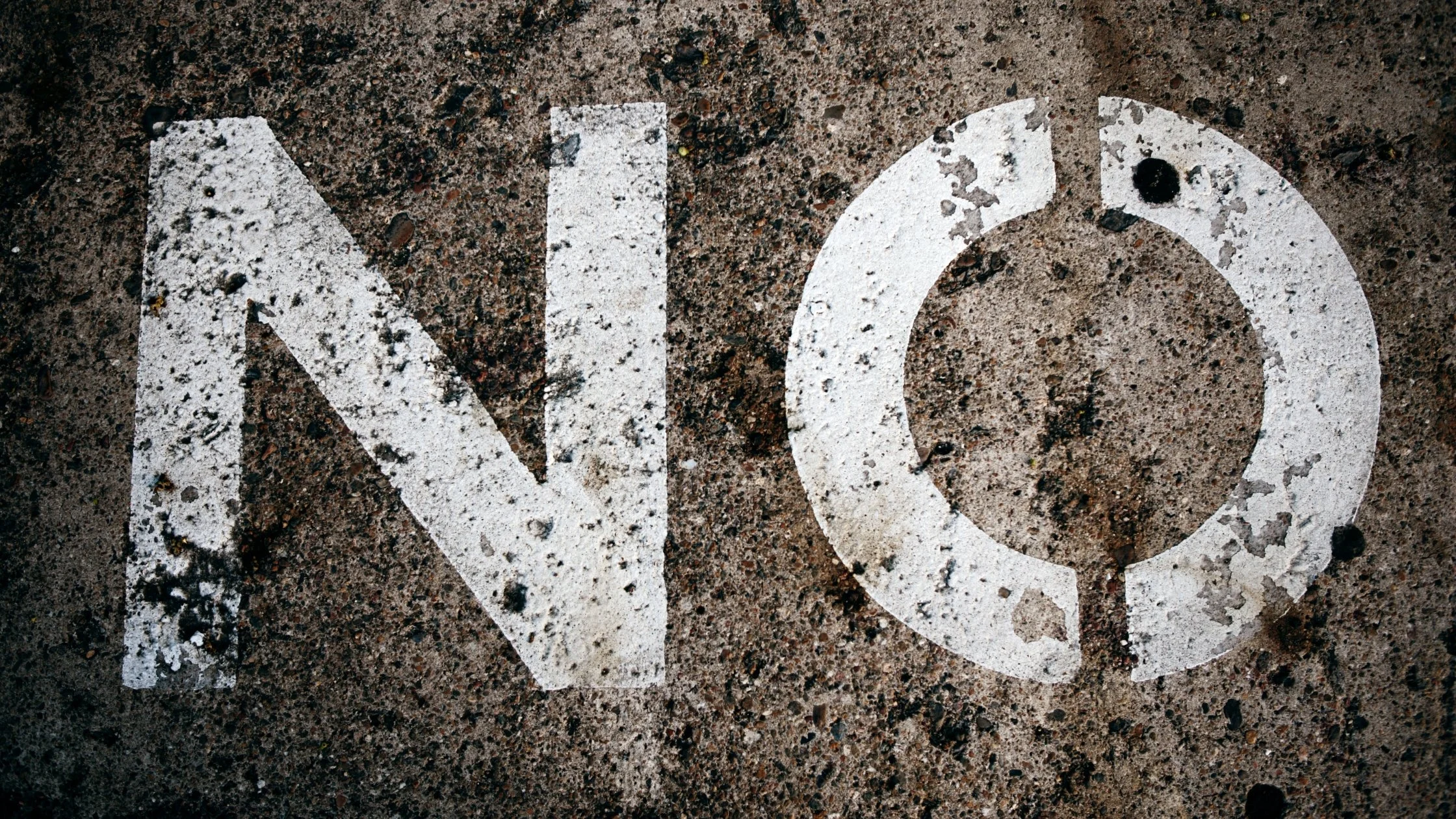4 Signs You May Need Better Boundaries at Work
It's long after quitting time, but here you are, burning the midnight oil. Maybe you're approving timesheets, responding to days-old emails, reviewing the desk schedule for next week, or fielding texts from a staff member who can’t host story time tomorrow because they’re sick.
As library leaders, we care deeply about our teams, our patrons, and the communities we serve. However, when caring becomes all-consuming, we deprive ourselves of the energy and motivation necessary to lead effectively.
The good news? Recognizing these patterns gives you the power to change them. In this post, you'll discover four clear indicators that your boundaries need attention. For each warning sign, you'll get actionable strategies to protect your energy while still being the supportive leader your library needs.
1. You Have Difficulty Saying "No"
If saying 'no' causes you to feel guilty, you're likely wrestling with the tension between your generous nature and protecting your capacity. When we say yes to everything, we spread ourselves too thin and send the message that we're always available.
Fear often drives this pattern—fear of disappointing others, fear of conflict, or fear of appearing difficult or unhelpful. But saying yes when you mean no ultimately serves no one.
Take action: Practice saying “no” in low-stakes situations to build your confidence. Use phrases like:
“Let me check my calendar and get back with you.”
“I can’t, but [colleague's name] might be interested.”
“Great idea, but I don’t have the bandwidth for that right now. Can we revisit this [next month, next program cycle, etc.]?
You're not being selfish—you're being strategic about where you can make the biggest impact.
2. Your Screen Time Has No Limits
In our always-on world, the boundary between our work and personal lives tends to blur. If you're checking emails during dinner, scrolling through work messages before bed, or feeling anxious when you can't immediately respond to notifications, your digital boundaries probably need attention.
This constant connectivity doesn't make you more productive—it makes you less present in every area of your life. Your friends and family get a distracted version of you, and your work suffers from decision fatigue caused by information overload.
Take action: Use the "Do Not Disturb" setting on your mobile devices to prevent phone calls, text messages, emails, or other disruptive notifications during evening hours. After these settings are in place, let your team know when they can expect a response to their future after-hours messages. Having a communication protocol in place can go a long way to preserving your peace.
3. Your Task List and Calendar Have Consumed Your Life
When your to-do list feels infinite and your calendar looks like a game of Tetris gone wrong, you've likely lost control of your time boundaries. If you're constantly working beyond normal hours just to keep up, or if you can't remember the last time you had a completely free evening, your schedule has become your master instead of your tool.
This is especially challenging for library leaders who face genuine emergencies—from internet outages to community crises. But here’s the hard truth: When everything feels urgent, nothing actually is.
Take action: Implement ruthless prioritization using the "Good, Better, Best" framework. Each week, identify your three most important outcomes (Best), delegate or streamline supporting tasks (Better), and eliminate or postpone everything else (Good enough for now). As my coach once told me, you can do anything, but you can’t do everything.
4. Resentment is Simmering Just Below the Surface
I like to think of emotions as data, and in this case, resentment is a flashing red warning light that your boundaries have been breached. Frustration, irritation, and anger are also powerful indicators that you need to establish clearer expectations with a colleague.
For library leaders juggling budget cuts, staffing challenges, and increasing community demands, burnout can feel inevitable. But it's not. It's a sign that your current way of working isn't sustainable, and your boundaries need immediate reinforcement.
Take action: The next time you feel that familiar sting of resentment, pause and ask yourself, "What boundary has been crossed?" Instead of pushing the feeling down, use it as data. Then, when you're feeling calm and centered, have a conversation with the person involved to clarify what works better for everyone going forward. You're not being demanding—you're being clear about what helps you do your best work.
You Have the Power to Change
If you recognized yourself in the descriptions above, take heart: awareness is the first step toward transformation. You don't have to choose between being a caring leader and protecting your well-being. With the right systems and boundaries, you can actually become more effective at serving your community because you're operating from a place of strength rather than exhaustion.
Here are some books that have helped me better define and enforce my own boundaries:
“Set Boundaries, Find Peace: A Guide to Reclaiming Yourself” by Nedra Glover Tawwab
“The Next Conversation: Argue Less, Talk More” by Jefferson Fisher
“The Courage to Be Disliked” by Fumitake Koga and Ichiro Kishimi
Ready to dive deeper into creating sustainable systems that honor both your dedication and your well-being? Join the waitlist for my course, Sustainable Productivity, where you'll master proven strategies for leading with intention while protecting your energy. In just four weeks, you'll transform from reactive firefighter to proactive visionary—with an entire module dedicated to defining and defending healthy boundaries.







